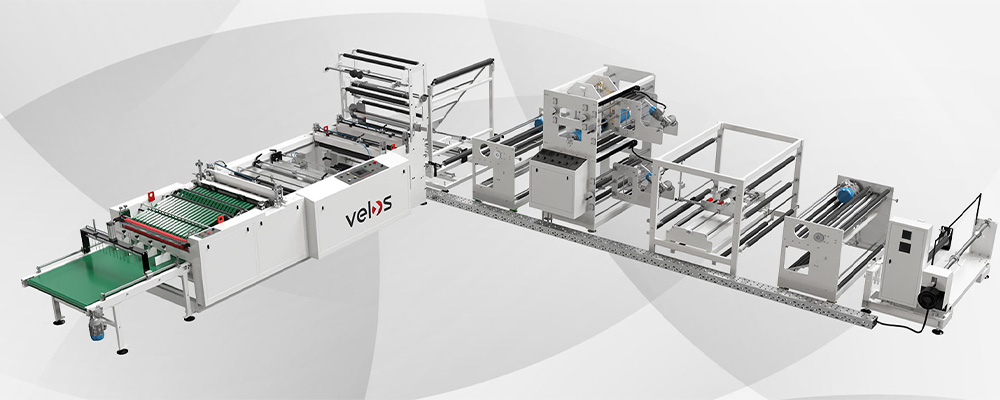
Biodegradable plastics are an innovative solution to the problem of plastic waste, particularly in product packaging. These types of plastics are made from renewable resources, such as corn starch, cellulose and other plant-based materials, and are designed to break down and return to the environment through natural processes. This makes them a more sustainable alternative to traditional plastics, which can take hundreds of years to degrade.
One of the main advantages of biodegradable plastics is that they can be decomposed by microorganisms, such as bacteria and fungi, into water, carbon dioxide and biomass. This means that they do not contribute to the problem of plastic pollution in the environment. They can be safely disposed of in composting facilities and can be used as a fertilizer for crops.
Also, not all biodegradable plastics are created equal, some degrade much faster than others. However, it’s important to note that biodegradable plastics are not a magic solution to plastic pollution. They still require proper disposal, as they can still cause harm to the environment if not disposed of properly.
In the future, biodegradable plastics are expected to become even more popular as countries and companies implement policies and regulations to reduce plastic waste. Advancements in technology will also make biodegradable plastics cheaper and more efficient to produce, making them more accessible to small and large businesses alike.
Overall, use of biodegradable plastics in product packaging is a step in the right direction towards reducing the environmental impact of plastic waste. They offer a sustainable alternative to traditional plastics, but it’s important to use them responsibly and dispose of them properly to ensure their effectiveness. With the increasing awareness of plastic pollution, biodegradable plastics are expected to play a major role in the future of product packaging.